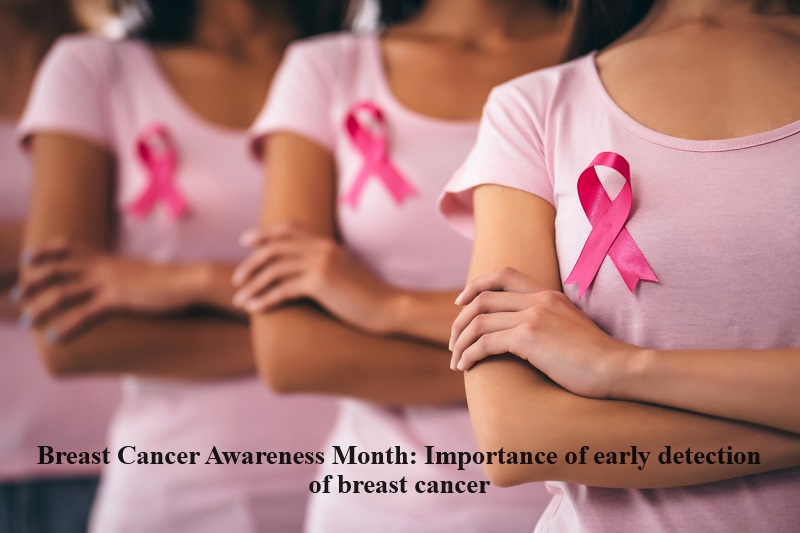
Cancer ranks among the top four non-communicable diseases, significantly contributing to the burgeoning health and socio-economic challenges in India. Statistics reveal that in 2020, approximately 2.3 million cases of female breast cancer were diagnosed worldwide, with around 685,000 women succumbing to this disease. What is even more disconcerting is the fact that cancer incidence and mortality in India doubled between 1990 and 2016.
For many years, cervical cancer held the dubious distinction of being the predominant cancer among Indian women. However, in recent decades, breast cancer has surged ahead, now emerging as the most prevalent cancer both in India and globally. This rapid escalation can be attributed to the increasing urbanization and lifestyle changes that are more prominent in major metropolitan areas compared to rural regions.
Surprisingly, breast cancer incidence in India is lower compared to Western countries, but the number of deaths among Indian women is higher. This stark contrast raises concerns, particularly because over 50 percent of Indian patients are diagnosed at advanced stages of the disease. In Western nations, less than 10 percent are diagnosed at an advanced stage. This delay in seeking medical attention can be attributed to the absence of nationwide screening programs and a general lack of awareness.
The saying “Early detection saves lives” holds particularly true for breast cancer. When detected early and confined to the breast, the 5-year relative survival rate soars to an encouraging 99 percent. This underscores the urgent need to enhance cancer education and awareness in society, with the key to early detection lying in cancer screening.
Mammograms and X-ray examinations of the breast serve as the gold standard for breast cancer screening. Women above the age of 40 are encouraged to undergo annual mammograms, while those under 40 should conduct monthly self-breast examinations and consult their healthcare provider for a yearly clinical breast examination. Individuals with a family history of cancer or a genetic predisposition should seek advice from breast health specialists for personalized screening and genetic counseling.
Breast self-examination (SBE) is a valuable tool for women of all ages. Being vigilant about changes in breast appearance or texture can aid in the early detection of abnormalities. Signs of breast cancer may include new lumps, changes in nipple appearance, discharge, or alterations in skin texture. Monthly SBE is recommended.
It is imperative to note that men, though at a lower risk, can also develop breast cancer. Hence, breast self-awareness and knowledge are crucial for everyone.
Early detection not only heightens survival chances but also reduces the need for radical treatments. Breast conservation, a procedure that removes the cancerous lump while preserving the breast’s appearance, has become the gold standard for early-stage breast cancer. Oncoplastic surgery techniques further enhance cosmetic outcomes and patient satisfaction. Advances in radiation technology and targeted therapies have improved survival rates and the quality of life.
Awareness plays a pivotal role in promoting breast conservation, breast reconstruction, and less aggressive treatments, which is why October is observed as Breast Cancer Awareness Month globally.

Post Your Comments